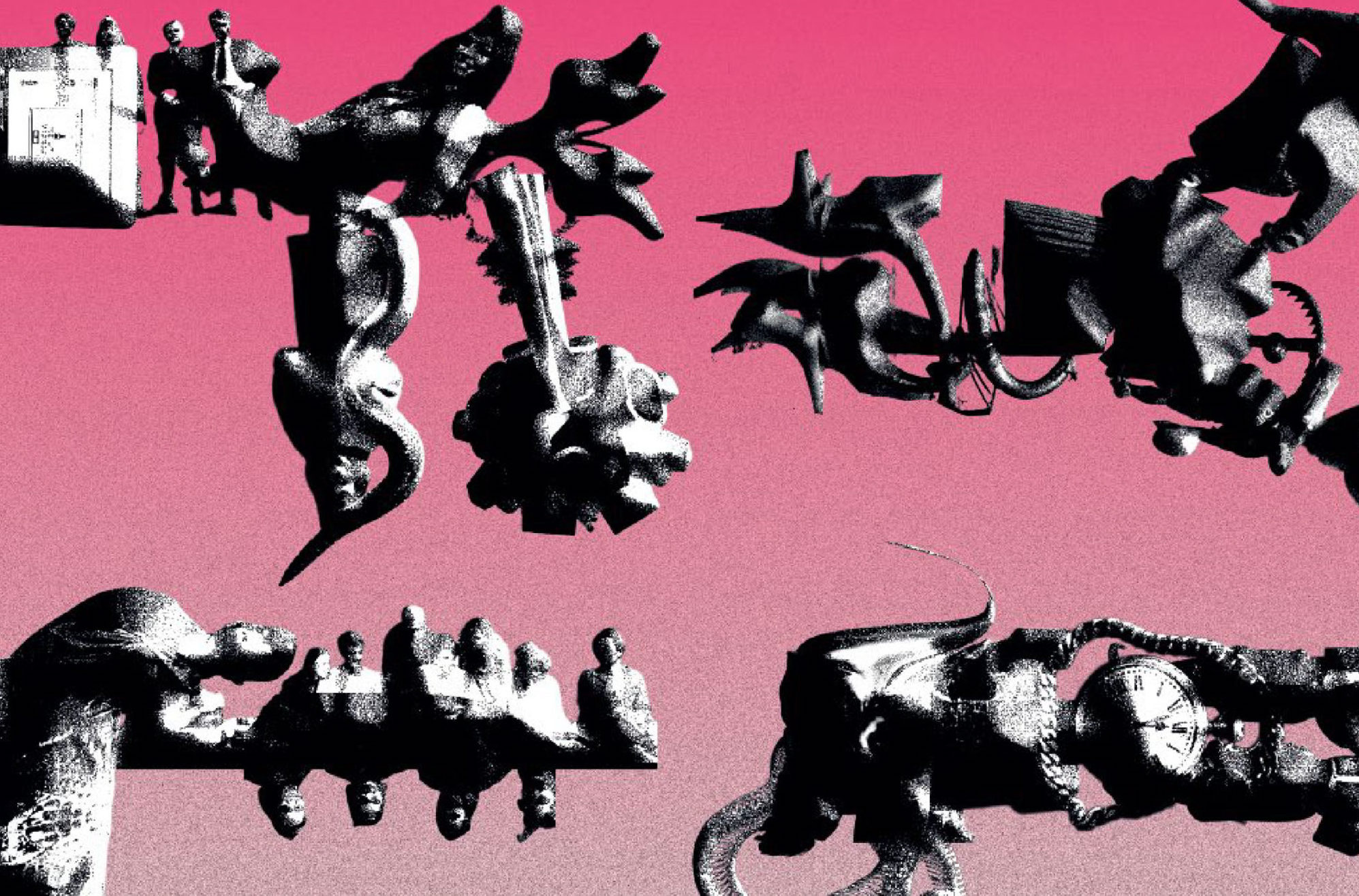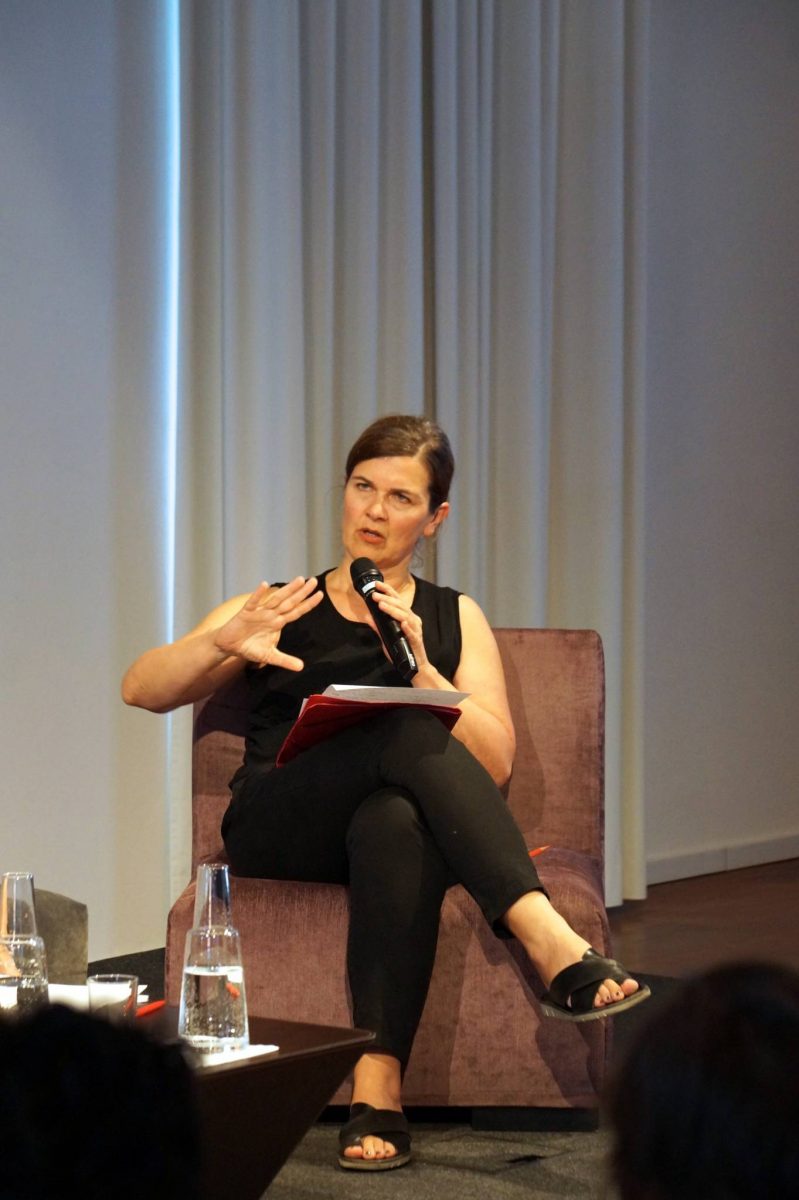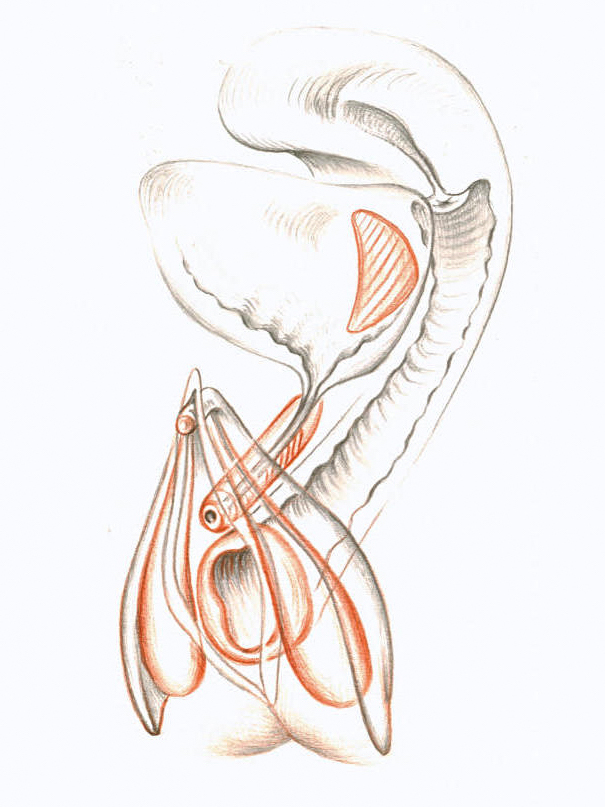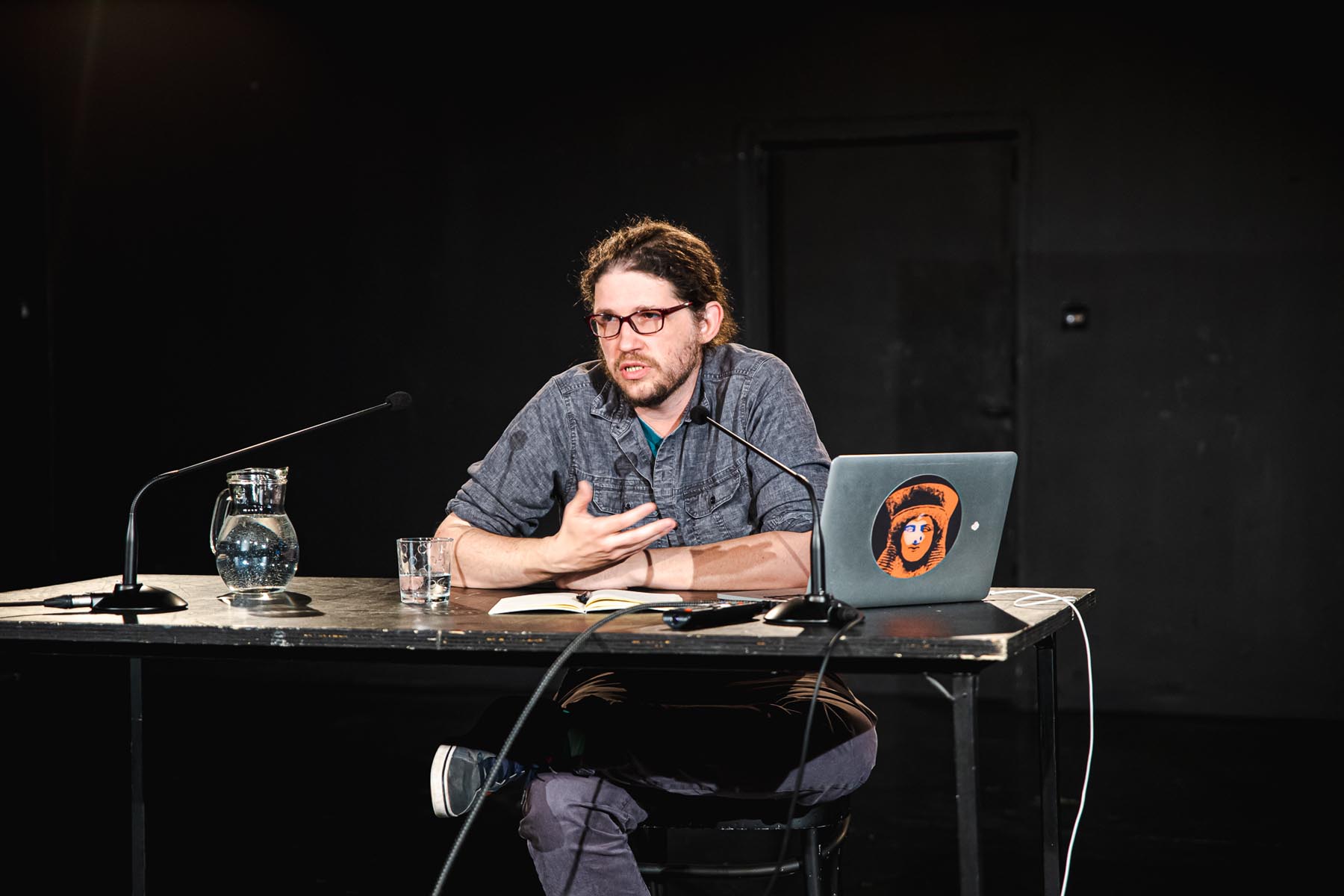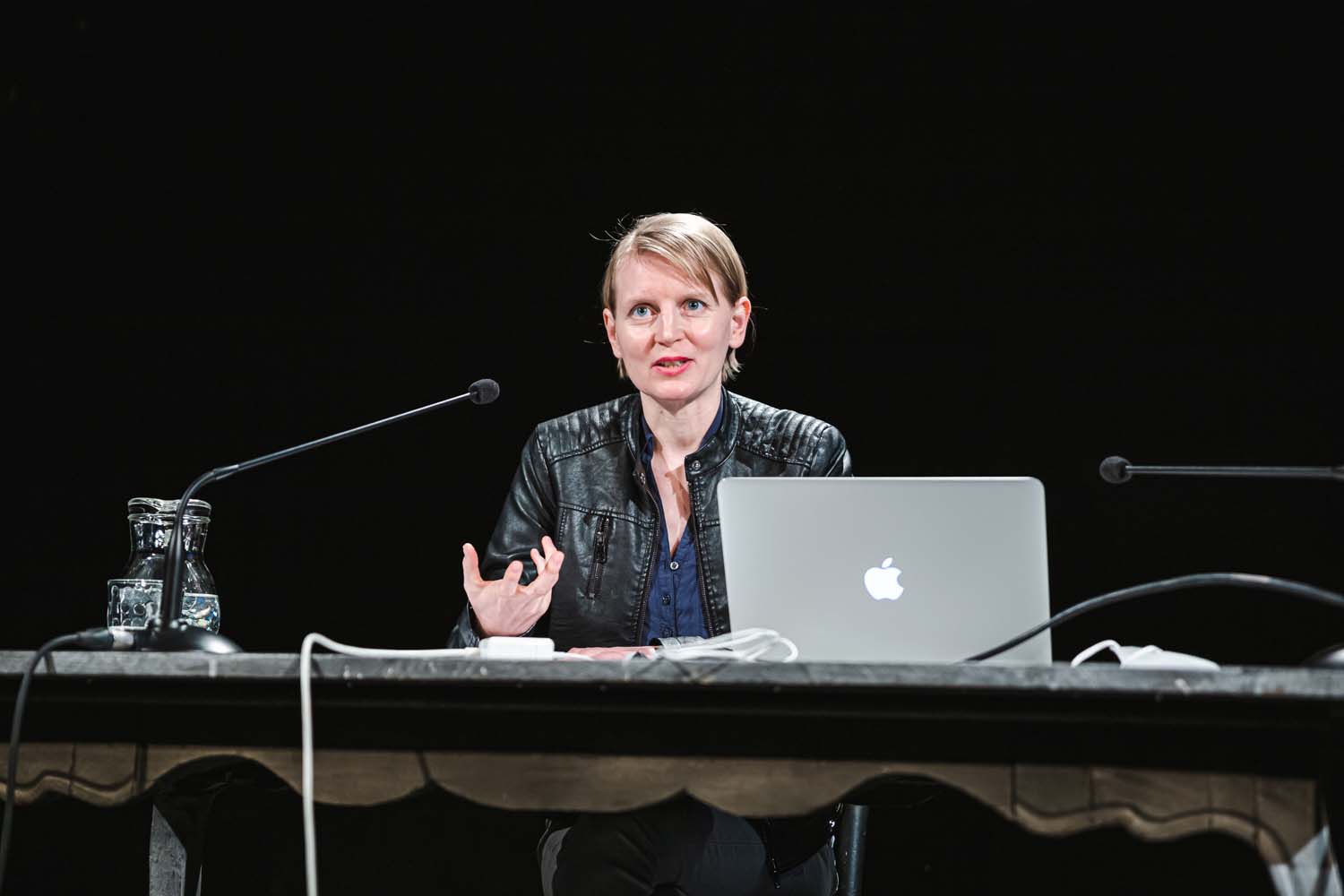YUFU Experimental Research Group
Since 2020, Maska Institute has been developing the concept of Yugofuturism within the pages of the Maska journal, with the goal of translating these contemplations into tangible artistic endeavors. This year, the institute is actively involved in numerous performance projects closely aligned with this concept. Furthermore, a new international research group has been established with a primary focus on exploring Yugofuturism through reparative methods, futures anticipation, and performative utopias. Between September 11th and 13th, the research team will convene at the Institute for Philosophy and Social Theory in Belgrade (IFDT) for the very first time. This gathering will encompass a series of seminars and lectures, delving into diverse topics such as speculative feminisms, radical visions of the future, degrowth, the politics of performance, and more. Additionally, strategic discussions will be held to chart the future course of the research group. Beyond its intellectual pursuits, this gathering offers a unique opportunity to foster connections and collaborative thinking with other regional initiatives and individuals.
September 2023 – January 2024
Produced by: Maska Ljubljana
Members: Alma Gačanin, Rok Kranjc, Alja Lobnik, Diana Meheik, Vera Mevorah
From September 11th to 13th, Institute for Philosophy and Social Theory (IFDT) in Belgrade will host an international workshop led by the Yugofuturism Research Group, organized by Maska Institute in collaboration with partner organizations from the European project TestG
Members
Alma Gačanin is a contemporary artist, poet, and feminist based in Sarajevo. She holds a Master’s degree in Fine Arts Education from the Academy of Fine Arts in Sarajevo, specializing in Art Education. Alma works with different mediums, including drawing, performance, photography, and video. In 2022, she received ZVONO Award for the best artist in Bosnia and Herzegovina under the age of 35. She represented Bosnia and Herzegovina at the Bienalle of Young Artists from Europe and the Mediterranean in Milan, 2015. Her work is based on exploring the specificities of labor and the precarity of certain occupations, with a particular focus in the position of women in capitalism and the gendered division of labor. She identifies as a feminist in her personal life and in the roles she assumes as an artist- worker. Her recent role as a flight attendant in the Middle East was tackling the nuances of precarious work and questioning the concept of the good life through something we perceive as a dream job. Her poems are published in magazines, collections, and web portals in Bosnia and Herzegovina as well as in the region.
Rok Kranjc is an independent researcher, writer, translator, event organiser and founder of Futurescraft, a design studio for experiential futures, generative games and other forms of engagement with alternative economies. He works internationally through P2P Foundation and Participatory Futures Global Swarm. He has translated several books on political ecology and ecological economics into Slovenian. He is currently leading a series of events in European cities with his performance game Game- Changers: The Game and is writing a book with Dr Peter Bloom on regenerative and commons-based economies (De Gruyter, 2024). https://linktr.ee/futurescraft
Alja Lobnik is a PhD student at the University of Ljubljana. In the past years she has established herself
as a publicist and critic in the field of performance arts. She has worked for Radio Študent, Kriterij, Amfiteatr, etc. In 2019, she was a member of the jury for the Ksenija Hribar Awards at Gibanica. She has been the President of the Association of Theatre Critics and Theatrologists of Slovenia, is a member of the Committee of the City of Women and a member of the Advisory Group for the Performing or Time- Based Arts at Cukrarna. She has participated as dramaturg or co-author in performance projects. She was co-editor of Maska journal and the web portal Neodvisni – teritorij sodobnih scenskih umetnosti (Independent – the territory of contemporary performing arts), and in 2021 she became the director and
artistic director of Maska.
Vera Mevorah is a researcher at the Institute for Philosophy and Social Theory, University of Belgrade. She was the Coordinator of ShoahLab: Holocaust Studies Laboratory and is a member of the DigiLab: Digital Society Laboratory. Her Ph.D. thesis is a pioneer study of the Internet and art in Serbia. She received her B.A./M.A. at the Faculty of Music in Belgrade. She is a professional flute player. Her past work experience includes formal and informal education, activism, content writing, and translating. Two main fields of her research are Holocaust representation and the study of digital culture and information society. She is currently working on two books – Holocaust Industry? The (American) debate on the instrumentalization of the Shoah and an introductory volume on the cultural history of the Internet titled What are we talking about when talking about the Internet?
Invited guests
- Dr. Marko Hočevar: Degrowth beyond liberal utopianism: lessons from the Yugoslav socialist project
In this brief reflection I will try to define my position on the feasibility of the project of growing up as formulated by its most prominent researchers. In the second part, I will propose a critique of this project, which will be positive and will try to clarify what is lacking in the liberal vision of degrowth. In doing so, I will focus on three elements: 1) the question of the revolutionary subject; 2) the conception of the state; 3) the level of change (local-global level). In the last part, I will reflect on the possible lessons that could be learned from the Yugoslav socialist project and on the necessity of rejecting neoliberal consumer utopianism when attempting to carry out a serious project of degrowth.
- Tomislav Medak: Pirate Care: Disobedient Solidarity against the Aftelives of Imperial Property
Pirate Care is a transnational research project and a network of activists, scholars and practitioners who stand against the criminalization of solidarity and for a common care infrastructure. The name refers to initiatives that have emerged in opposition to neoliberal policies and paternalistic institutions that are denying basic care provisions to many. Pirate Care works on establishing infrastructures for self-organised, technologically-enabled care and creates solidarity networks.
- Bojana Knežević & Katarina Petrović: Femkanje: Radio as the space of togetherness
Over the past 10 years, Femkanje podcast and art/media platform has built an extensive archive of sound documents and conversations with many different actors of the cultural scene of Serbia, ex-YU region and Europe. In this talk we’ll share how the project developed and deepened over the years, highlighting speakers and practices that deal with the topic of togetherness through art, feminism, socialism and Yugoslavia.
- Katja Čičigoj: Firestonian speculations: gender, sexuality, economy, ecology
In this talk I will discuss Shulamith Firestone’s very prescient ideas about radical social change, especially as articulated in her Dialectic of Sex (1969): her “dangerous utopian proposals” for a society beyond sex class and the family, where the automation and socialisation of labour, economic redistribution through a universal basic income and a progressive development and deployment of productive and reproductive technologies would put an end to capitalist exploitation, the patriarchal exploitation and oppression of women and children, and ecologic devastation. I will also contextualise Firestone’s thought with a view to subsequent feminist understandings of the relationship between technology and nature, for instance by Donna Haraway and in feminist science fiction. I will thus discuss Firestone’s own theory of science fiction and her understanding of the role of utopian imagination in political change.
Biographies
Dr. Marko Hočevar is an assistant professor and young researcher at the Faculty of Social Sciences. His research interests include the history of political ideas, contemporary political theory, the crisis of liberal democracy and the transformation of the capitalist state in the last two decades. He is particularly interested in recent Marxist and Foucaultian theories of the state, empirical and theoretical explanations of the impact of the rise of neoliberalism on the crisis of liberal democracy, and addressing alternatives to the capitalist world order.
Tomislav Medak is a philosopher interested in the constellations of contemporary political philosophy, media theory and aesthetics. He is the coordinator of the theoretical and publishing programme of the Multimedia Institute/MAMA (Zagreb). He is an advocate of free software and culture. He is a member of the Zagreb theatre group BADco.
Bojana S. Knežević is a media artist, producer and journalist, working in the fields of performance, video, audio-visual installation, sound and radio art and art education. She is co-author of an art/media project and podcast Femkanje, founding member of an international sound art collective Audio Leakage Community and initiator of an independent educational platform Wandering cathedra for para-academic activities. In her socially engaged and participatory art projects, she deconstructs various social stereotypes, with a focus on voices of marginalized or hidden individual and collective identities. https://bojanaknezevic.com
Katarina Petrović is an artist and researcher working at the intersection of art, science and humanities. Her work focuses on creative processes, from meaning-making, poiesis and organizational systems to physics of sound, light and vacuum. She makes process works using media of text, sound, software and performance. Katarina holds a MMus degree from ArtScience Interfaculty, Royal Conservatoire and Royal Academy of Arts, The Hague and an MFA from the Academy of Fine Arts, Belgrade. In 2019 she was the winner of D.B. Mangelos award. https://www.katarinapetrovic.net
Bojana S. Knežević is a media artist, producer and journalist, working in the fields of performance, video, audio-visual installation, sound and radio art and art education. She is co-author of an art/media project and podcast Femkanje, founding member of an international sound art collective Audio Leakage Community and initiator of an independent educational platform Wandering cathedra for para-academic activities. In her socially engaged and participatory art projects, she deconstructs various social stereotypes, with a focus on voices of marginalized or hidden individual and collective identities. https://bojanaknezevic.com
Katja Čičigoj is University (research) assistant at the Institute of Philosophy, University of Klagenfurt/Celovec, where she researches and teaches contemporary European philosophy, critical theory and philosophy of sex and gender. In 2014 she co-founded and until 2021 co-organised the feminist reading group Delfinke (KUD Anarhiv). She translated Shulamith Firestone’s The Dialectic of Sex into Slovene (Založba *cf., 2019) and authored its scholarly introduction, as well as several entries on Firestone for the online Encyclopedia of Concise Concepts by Women Philosophers. She is currently coediting an academic edition of Firestone’s Dialectic in English, as well as a special issue of the journal Feminist Encounters on feminist techno-imaginaries, and an edited volume on Firestone and feminist utopias of care and reproduction (*cf. 2023). She is a member of the editorial boards of spol.si and Studies in the Maternal and of the steering committee of the International Simone de Beauvoir Society.
Schedule (IFDT Workshop)
11th September
16:00 – 17.30 – Presentations by Vera Mevorah; Rok Kranjc, Alma Gačanin
17.30 – 17.45 – Break
17.45 – 19.15 – Presentations by Diana Meheik, Alja Lobnik
12th September
10.00 – 11.00 – dr. Marko Hočevar: Degrowth beyond liberal utopianism: lessons from the Yugoslav socialist project
11:15 – 13:00 – Tomislav Medak: Pirate Care: Disobedient Solidarity against the Aftelives of Imperial Property
13.00 – 15.00 – Break
15.00 – 16.00 – Bojana Knežević & Katarina Petrović: Femkanje: Radio as the space of togetherness
16.15 – 17.15 – Katja Čičigoj: Firestonian speculations: gender, sexuality, economy, ecology
13th September
10.00 – 13.00 – Open Session and Card Playing
13.00 – 15.00 – Break
15.00 – 16.30 – Summary

Testing Ground: Reparative Practices for New Cultural Ecosystem is a project developed with the support of the Creative Europe Programme of the European Union and implemented by Kurziv – Platform for Culture, Media and Society, Stowarzyszenie Im. The project is supported by the Culture, Media and Culture Platform (Culture and Culture, Media and Culture), Stanislaw Brzozowski/ Krytyka Polityczna and Maska Ljubljana.
